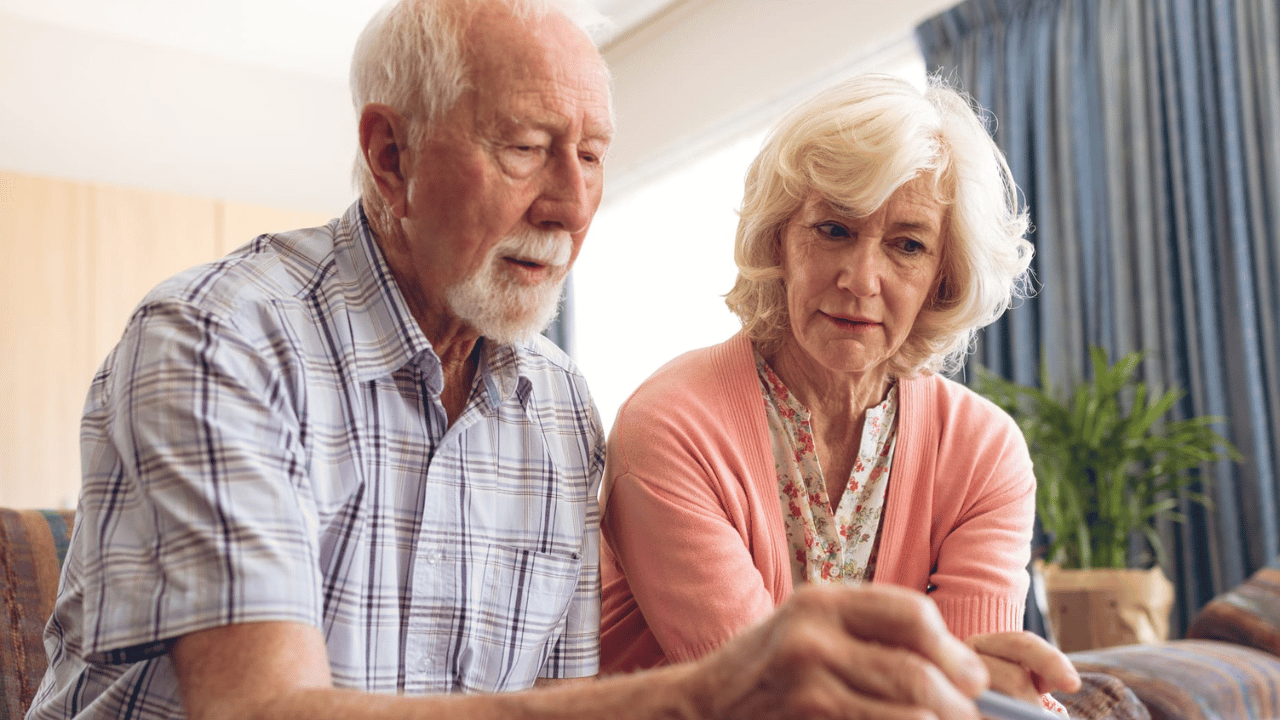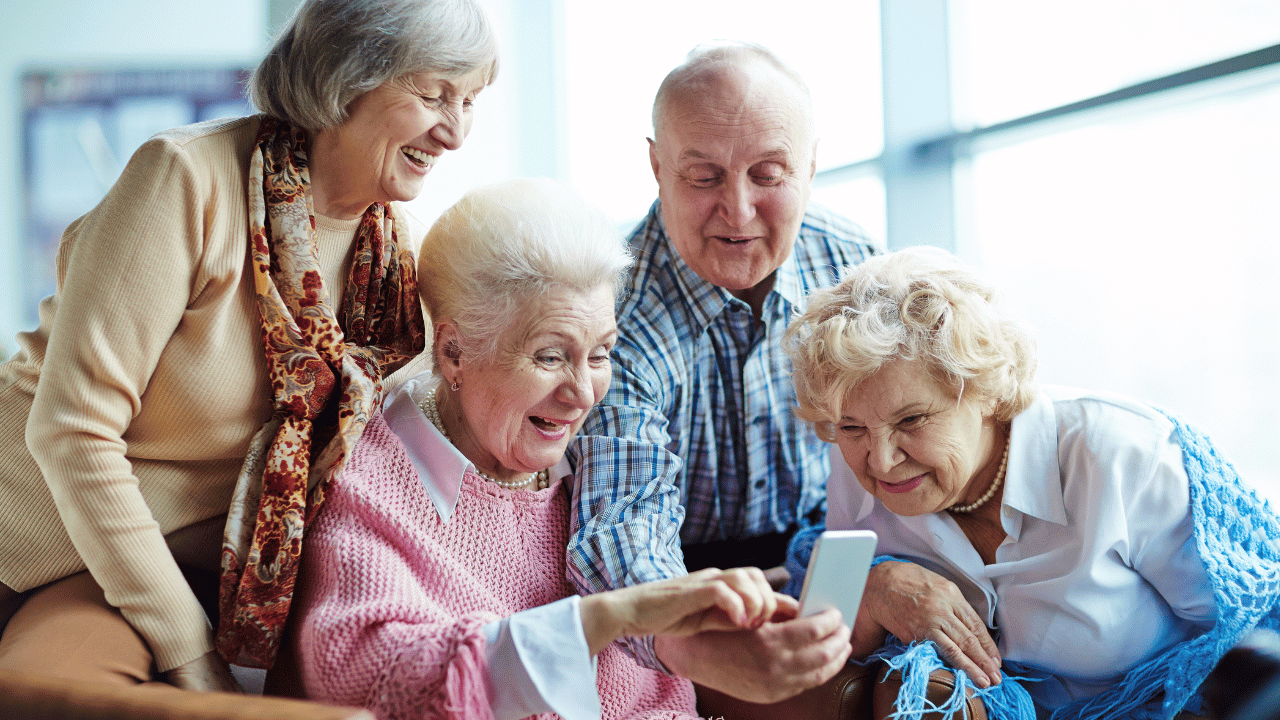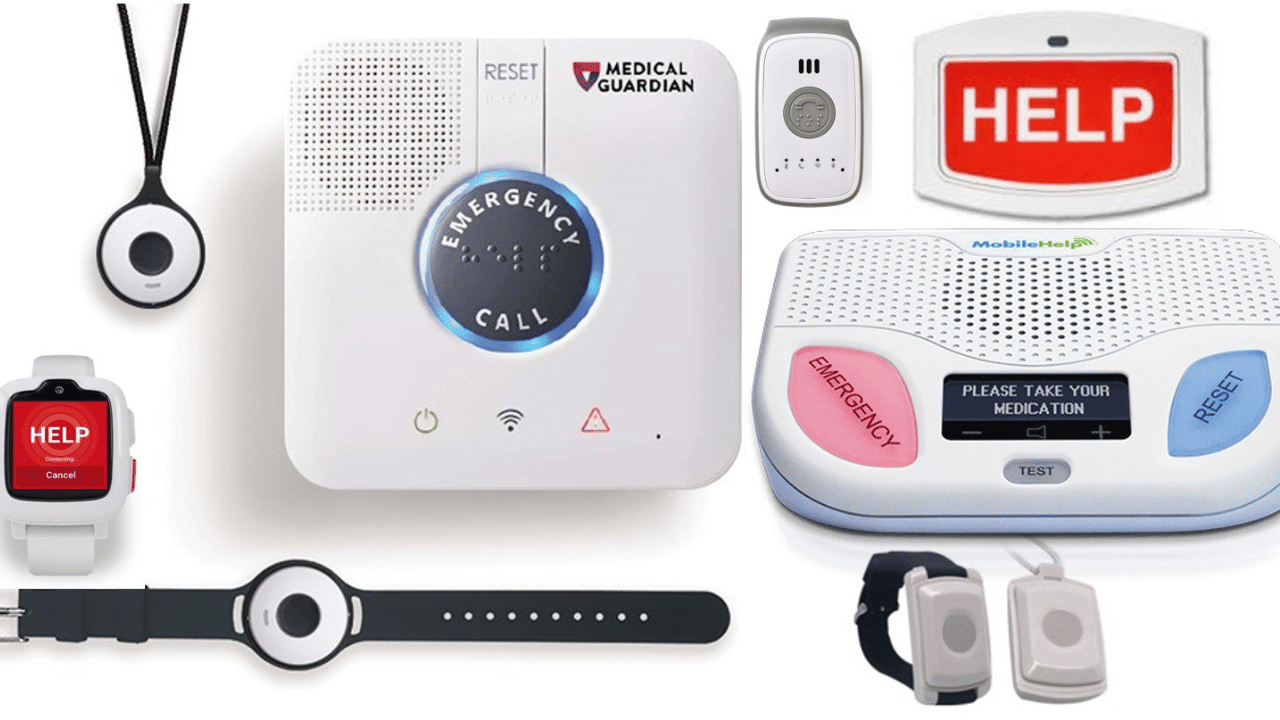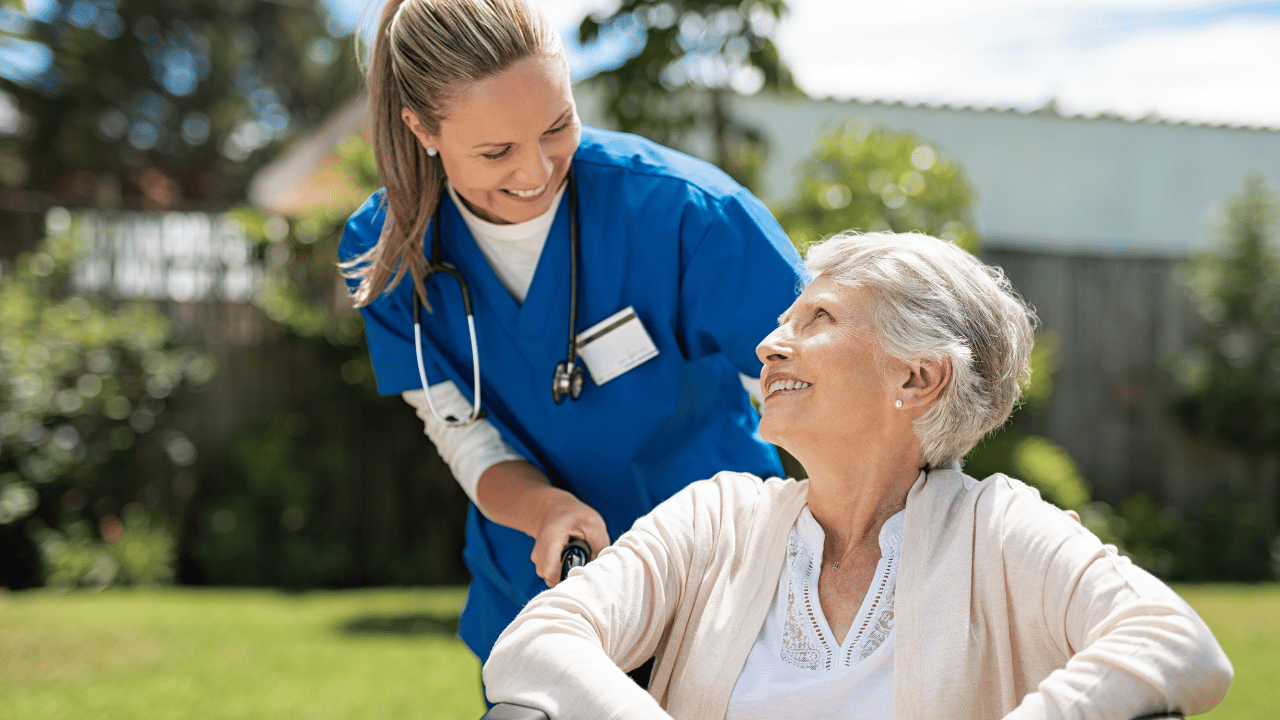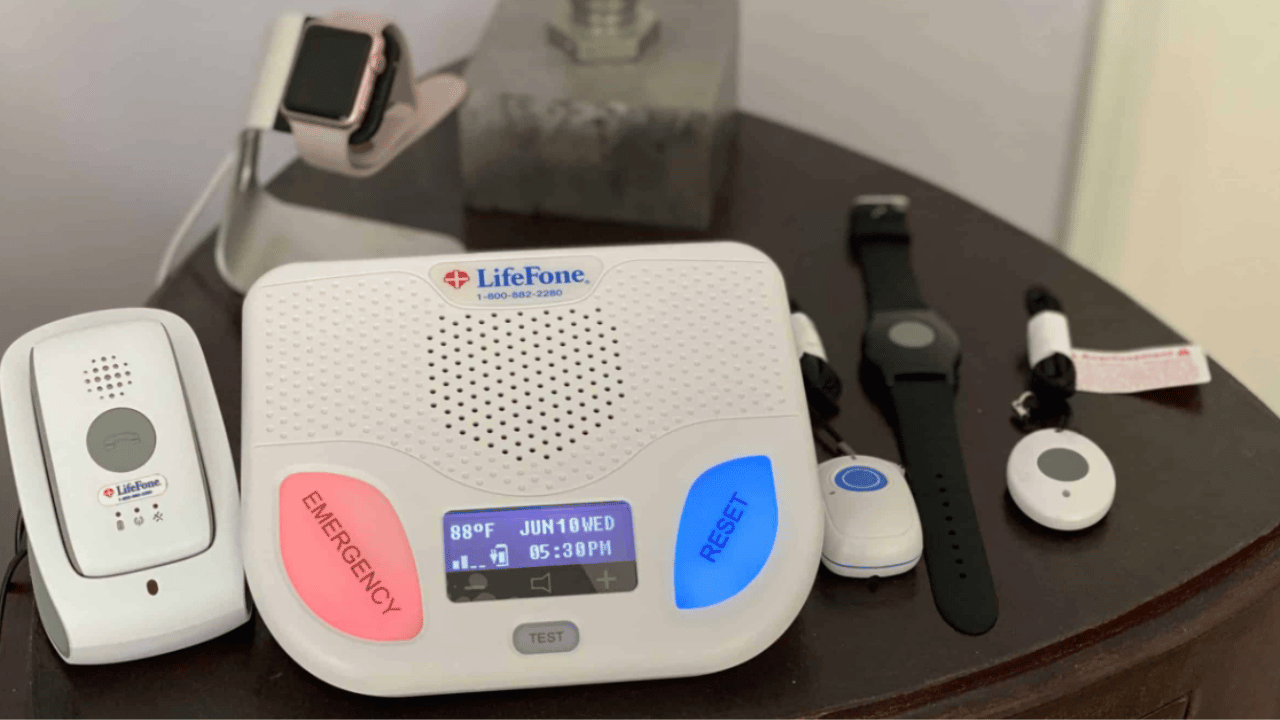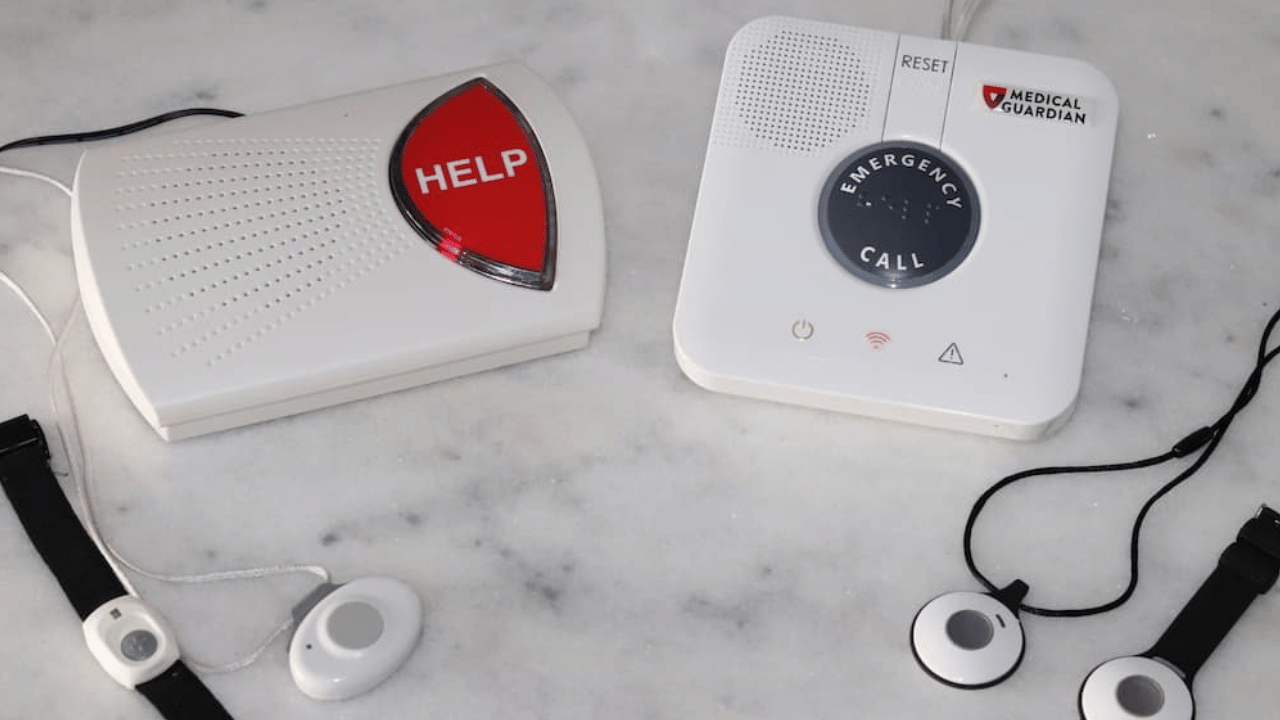Empowering Seniors: A Comprehensive Guide to Medical Alert Systems
In today's fast-paced world, ensuring the safety and well-being of our senior citizens is a top priority. With advancements in technology, electronic security solutions have become indispensable in creating a safer environment, especially for seniors who may face unique challenges.
This blog post aims to shed light on the importance of medical alert systems for seniors, emphasizing the need for awareness and adoption. Let's explore the benefits of these systems and how educating seniors can play a crucial role in enhancing their quality of life.
What is a Medical Alert System?
A medical alert system typically consists of a wearable device, often a pendant or wristband, equipped with a button that, when pressed, connects the user to a monitoring center. The monitoring center is staffed 24/7 by trained professionals who can assess the situation and dispatch help if needed. These systems can be further enhanced with additional features, such as fall detection technology and GPS tracking.
What Does a Medical Alert System Do?
As people age, they may encounter various health-related challenges, making it essential to have reliable support systems in place. Falls, medical emergencies, and the need for immediate assistance are common concerns among seniors. Medical alert systems are designed to address these challenges by providing a quick and efficient way for seniors to summon help in emergencies.
Provides Peace of Mind for Users & Caregivers
The primary advantage of medical alert systems is the rapid response they enable. In the event of a fall or health crisis, seniors can simply press the alert button to connect with a trained operator at the monitoring center. This swift response can make a significant difference, especially in situations where every second counts. For seniors living alone, the reassurance of knowing help is just a button press away brings unparalleled peace of mind.
Fall Detection Technology
Many modern medical alert systems are equipped with advanced fall detection technology. This feature automatically senses when a fall occurs and triggers an alert without the need for manual activation. Considering that falls are a leading cause of injuries among seniors, this automated capability is a game-changer in providing timely assistance, even if the senior is unable to press the alert button.
GPS for Confidence Outside the Home
Another noteworthy feature is the inclusion of GPS technology in some medical alert systems. This allows caregivers or emergency responders to locate the senior in real time if they are outside the home when an emergency occurs. This feature is particularly beneficial for seniors who enjoy an active lifestyle and desire the freedom to move about independently.
Provide Dignity and Independence for Seniors
The incorporation of medical alert systems doesn't signify a loss of independence for seniors; rather, it empowers them to live more confidently. Knowing that they can maintain their autonomy while having a reliable lifeline in emergencies contributes to a sense of dignity and control over their own lives.
Promote Ageing in Place
Aging in place refers to the ability of seniors to live in the residence of their choice for as long as they can while receiving the necessary support and care to do so safely. Many older adults prefer to remain in their homes, surrounded by familiar environments and cherished memories. However, as individuals age, the risk of accidents or medical emergencies increases. This is where Medical Alert Systems become invaluable in maintaining independence while ensuring rapid response in times of need.
Contact us today, our Personal Consultants will assist you with understanding which medical alert is right for you or your loved one.
